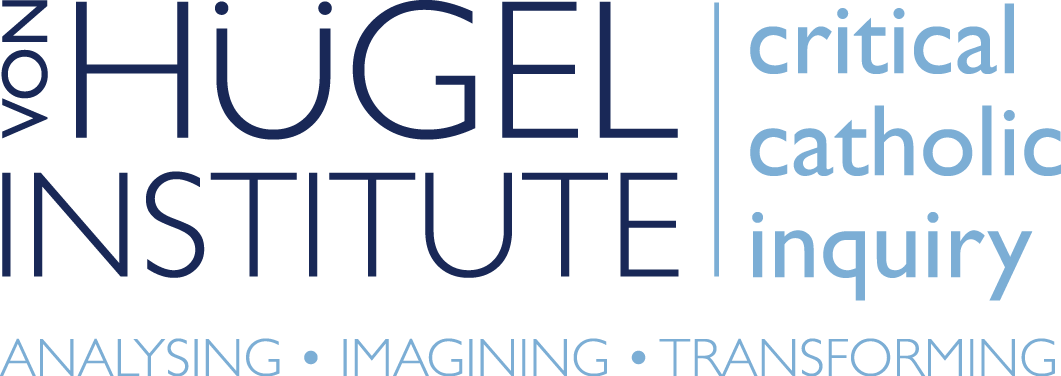Among the sites and sources of wonder are human creativity and its products. In this paper two apparently conflicting theories of creativity are discussed, the theory that it is due to divine inspiration, and the continuity theory of Margaret Boden, which represents it as one end of a continuum of ordinary human faculties such as imagination, intelligence and insight. Existing theories give too little weight to two factors that help explain creativity (whether in science or in the arts): belonging to a tradition, and belonging to a community. While adding these factors strengthens the continuity approach, it is argued (with Austin Farrer) that the inspiration theory, interpreted as turning not on external influence but on the activity of the creator within us, importantly supplements it.
Robin Attfield, MA (Oxon), PhD (Wales), DLitt (Cardiff) has been Professor of Philosophy at Cardiff University since 1992. He is a former member of the Council of the Royal Institute of Philosophy, and of the Executive Committee of the British Philosophical Association; and a former member of the UNESCO Working Party on Environmental Ethics. He is a Trustee of South Wales Area Meeting of the Religious Society of Friends (Quakers). His publications include Creation, Evolution and Meaning (Ashgate, 2006), Ethics: An Overview (Bloomsbury, 2012), Environmental Ethics (second edition: Polity-Blackwell, 2014), The Ethics of the Global Environment (second edition: Edinburgh University Press, 2015) and Wonder, Value and God (Routledge, 2017).
This event is part of the VHI 2017-18 Lecture Series Grammars of Wonder.
Free entrance, refreshments will follow.


